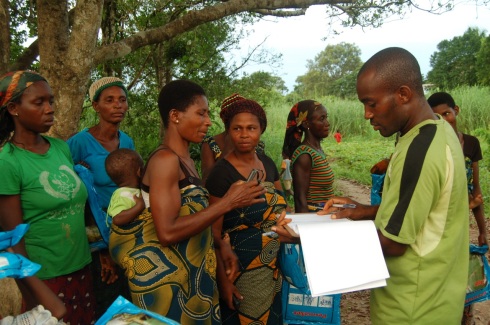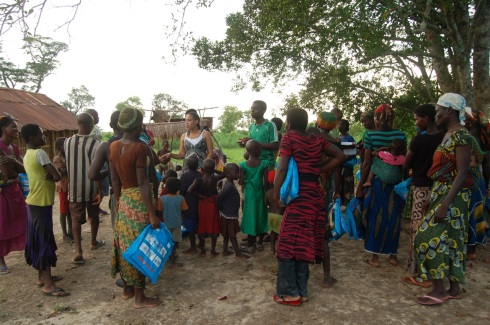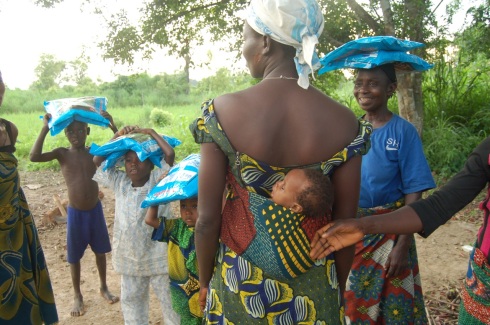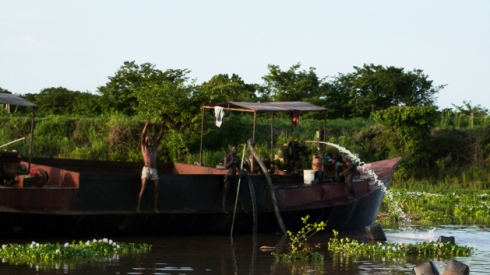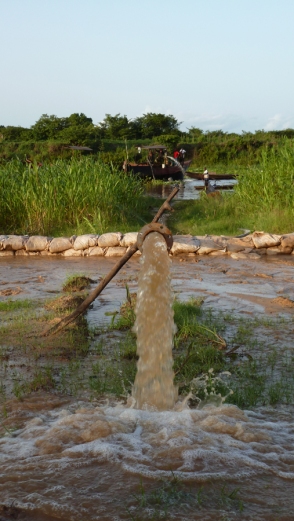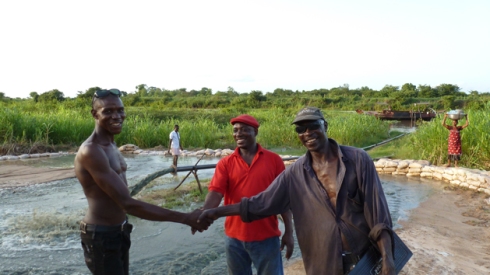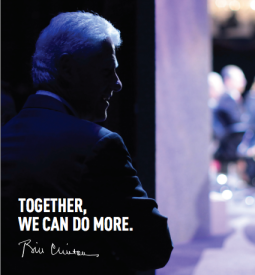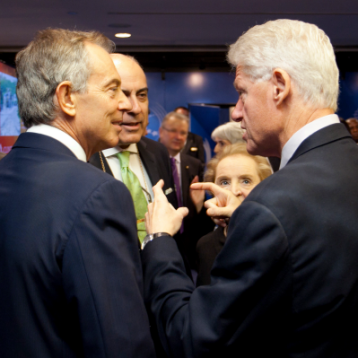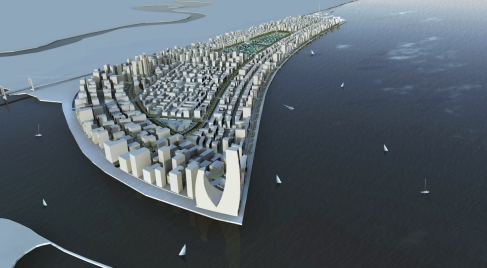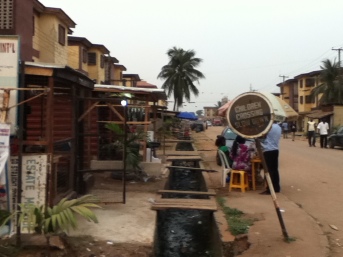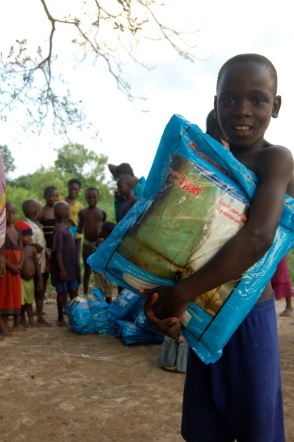 The Dr. Aloy & Gesare Chife Foundation is developing a comprehensive package of community-based health interventions in Anam. The malaria initiative is one of the first programs initiated by the Chife Foundation and is implemented in partnership with High Noon Rotary Club Colorado, USA. The goal of this particular campaign is to eradicate malaria in the region of Anam and is a prelude to the coming construction of the Anam Hospital, which will break ground in November after the rainy season.
The Dr. Aloy & Gesare Chife Foundation is developing a comprehensive package of community-based health interventions in Anam. The malaria initiative is one of the first programs initiated by the Chife Foundation and is implemented in partnership with High Noon Rotary Club Colorado, USA. The goal of this particular campaign is to eradicate malaria in the region of Anam and is a prelude to the coming construction of the Anam Hospital, which will break ground in November after the rainy season.
The first distribution of the insecticide mosquito net was led this week by Mrs. Gesare Chife in Anam City and witnessed a high turnout. The women and children of Anam were excited to see Mrs Chife visiting their homes to share the bed nets with them. She also took time to educate the village women on how to use the mosquito nets to avoid effects to their skin, as well as using her training as a nurse to issue medical diagnosis to many of the children.
The team plans to distribute more than two thousand long-lasting insecticide-treated mosquito nets this year in the immediate village, and hopes to expand with over 10,000 regionally. These high-quality bed nets are designed to be effective without further treatment and for up to five years.
In Zone 1 of Ebenebe village, nets have been distributed to each family; this means every person in the zone is able to sleep under a mosquito net each night. This represents a ratio of two nets per household. The next zone to receive distribution will be Umuoba-Anam Otu-ocha, where another 1,000 will be shared this month. The Chife Foundation will implement a follow-up assessment to verify the percentage of nets being regularly used. On-going education in the target villages is also planned, in an effort to significantly reduce the spread of malaria in Anam. Treated nets were chosen from among many available methods as one of the more effective ways to prevent the spread of malaria, especially amidst the climate of drug resistance and misuse that is growing in West Africa.
The Anam community and Chife Foundation greatly appreciate support provided by the High Noon Rotary Club of Durango Colorado who’s partnership has made this programming possible.
